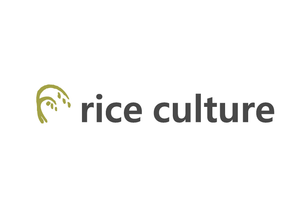Miso - History and Health Benefits
History of Miso
It is said that Miso was originally introduced to Japan from China. It first appears in recorded history in 901 and it was listed as part of salary to the senior bureaucrats in 924. Back then, it was consumed as condiments and medicine (even externally).
It was the Samurai from Kamakura Era (1185‐1333) who started consuming Miso as soup and formed the basis of our current Japanese cuisine of "rice and miso soup". The feudal lords of Sengoku Era (15-16C) promoted local Miso production as it provided the perfect food supply to carry to war being both nutrituous and non-perishable.
Miso was well known for its health benefits from those days. There was a well known saying "Don't pay the doctors, pay the miso makers." ”Honcho Shokukagami" (本朝食鑑), a book on food published in 1697 stated the health benefit of Miso as follows;
It promotes the movement of the digestive organs, vitalizes the blood, detoxes, helps digestion in the stomach, moves the good Qi and blood. It relieves pain and increases appetite. It subdues vomiting and stops diarrhoea. Turn the hair black and moistens the skin.
Why Eat Miso?
The health benefit of miso has since been scientifically researched and has proven the accuracy of such knowledge. Here are some scientifically researched benefits of eating miso...
-
A complete protein, containing all essential amino acids
-
complete protein, containing all essential amino acids
-
High in antioxidants
-
Beneficial probiotics to build your inner ecosystem
-
Boosts digestion
-
Good source of vitamins (including B1, B2, B6, B12, E, K and folic acid)
-
Known to lower LDL cholesterol and reduce risk of breast and stomach cancer
~~ Hand book of Fermented Functional Foods, CRC Press, 2003 ~~
Miso belongs to the highest class of medicines, those which prevent disease and strengthen the body through continued usage.
This is the words of Dr. Tatsuichiro Akizuki (1916-2005) who was the Director of St Francis Hospital in Nagasaki Prefecture in August 1945 when the Atomic bomb hit. The hospital was only 1.8km away from where the epicenter of the bomb, but no staff or patients suffered from radiation sickness. The Roman Catholic Church - and the residents of Nagasaki - called this a modern day miracle but Dr. Akizuki wrote that he was convinced it was at least in part because he fed everyone at the hospital brown rice and miso soup with fried tofu and wakame. Since then, he became a strong advocate for health through nutrition and promoted the health benefits of miso throughout his life.

